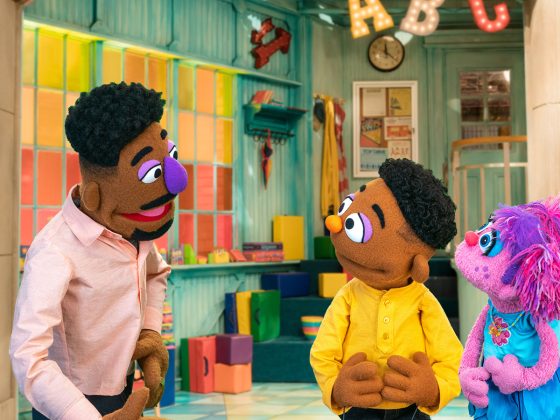
Breathe, Feel, Share
Three steps to navigating conflicts.
USING THIS VIDEO
First, watch the video yourself to decide whether to share it with children (they may find it upsetting if they can personally relate to the story). In it, Wes has been teased about the food he’s brought for lunch.
In this video, Elijah supports Wes and Abby by guiding them through three steps (breathe, feel, share) that can help all children handle conflicts and build resilience:
- Breathe: Breathe to calm down. Take three, deep belly breaths! Notice if this changes the way your body feels.
- Feel: Notice your feelings. Where in your body do you feel them? (Your chest may feel tight or heavy, your heart may beat faster, your skin may feel hot, or your head may feel light.) Give them words (such as sad, frustrated, or angry). Then say how you feel and why. When explaining why someone’s actions were hurtful, you might use words like unkind and not okay.
- Share: Tell a grown-up what happened. You don’t have to handle this problem alone, and the grown-ups in charge need to know about the problem so they can help make sure it doesn’t happen again. They can also help you with your big feelings.
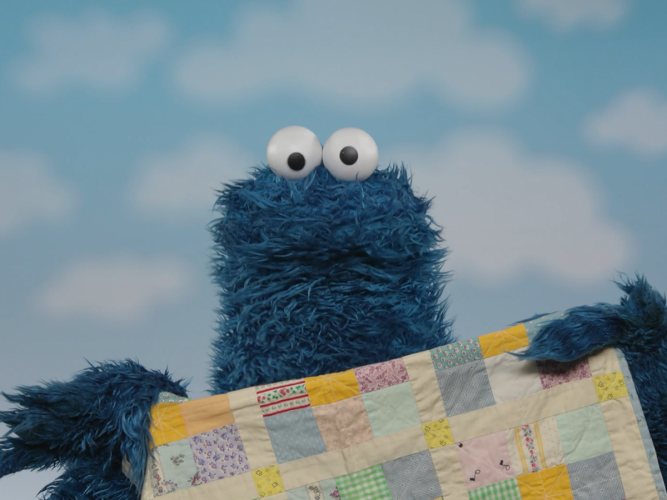
Cookie Monster’s Beach Day
When children are in the hospital, their imagination can become a valuable tool in soothing themselves.
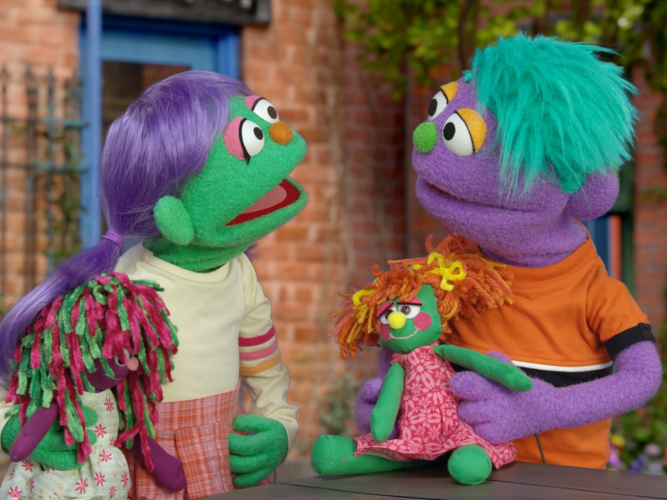
Resolving Hurt Feelings with Rosita and Friends
Misunderstandings and hurt feelings can be opportunities to build friendships and develop important social skills.
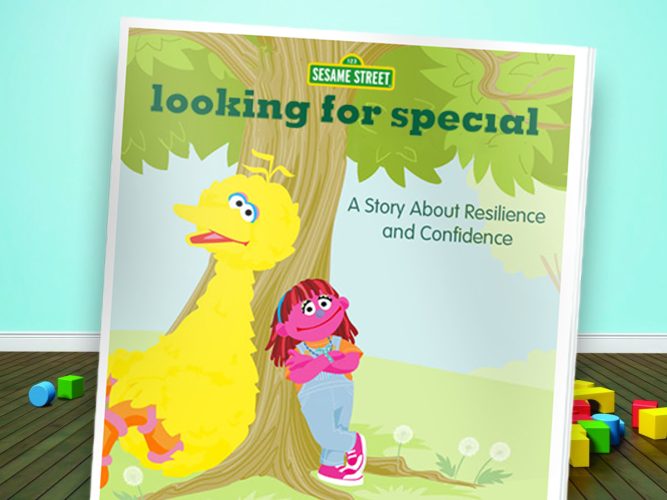
Looking for Special
A storybook featuring Lily about the importance of confidence as a key skill in building resilience.
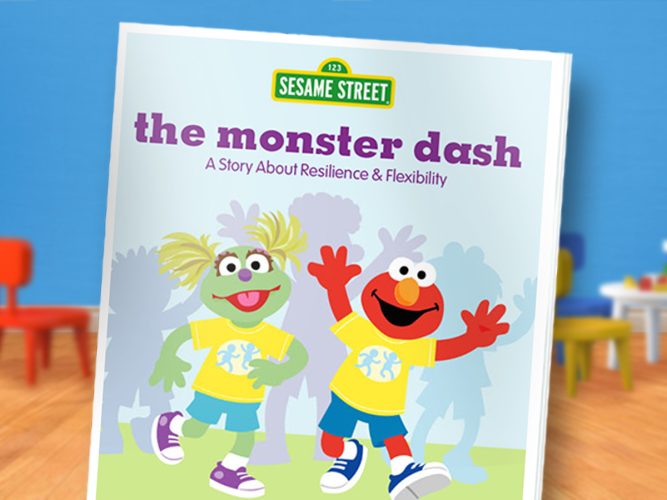
The Monster Dash
A storybook about practicing flexibility and maintaining a positive outlook as skills to build resilience.
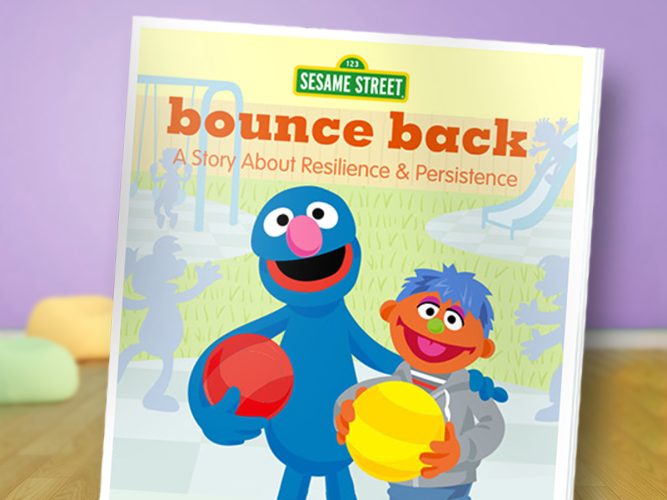
Bounce Back: Storybook
A storybook featuring Alex about persistence and resilience in the face of new challenges.
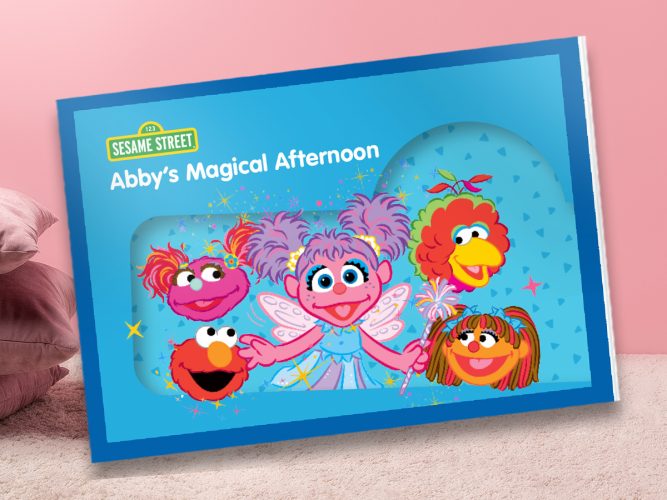
Abby’s Magical Afternoon
A storybook all about the power of mistakes!
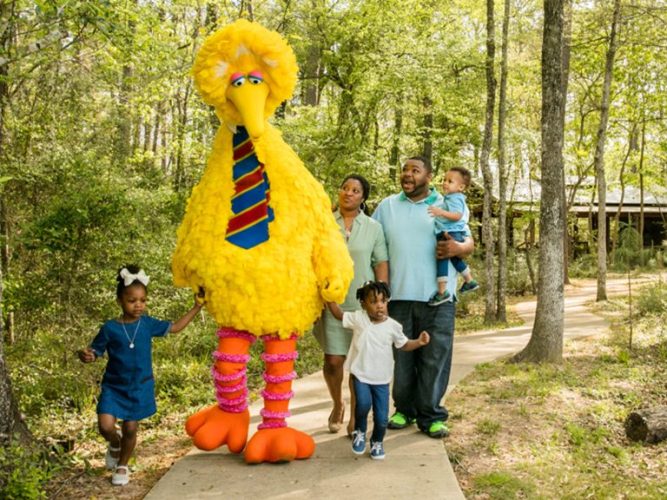
Roads to Resilience
A course highlighting some of the best assets from topics across SesameWorkshop.org with customized approaches, and tips and tricks on using these resources in your work with caregivers and their children.
